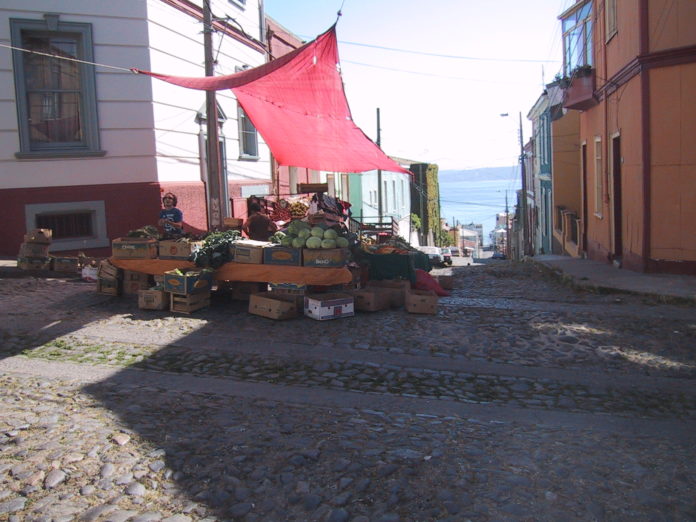Once the coronavirus reached rural Bristol, N.H., the effort on the local economy was devastating.
The coronavirus itself was slow to arrive in Bristol, a lakeside town of 3,300 people. The economic destruction came swiftly.
By the end of March, with just a few local cases confirmed, gift shops, yoga studios and restaurants had all shut their doors. Hundreds lost jobs, contributing to a record surge in national unemployment claims.
But at least the Freudenberg factory was running at full strength. The factory, which employs 350 people and makes bonded piston seals and other components for carmakers around the world, has an outsize impact on Bristol’s economy.
Besides paying employees their salaries and the town taxes, the factory — part of a German industrial conglomerate — is the largest customer of Bristol’s sewage and water systems, a linchpin of the annual budget.
“Freudenberg is our lifeblood,” Nik Coates, the town administrator, said in an interview on April 2. “If that plant was ever to close or significantly reduce operations, that would put us in a world of hurt…”
To read the entire article from The New York Times, click https://www.nytimes.com/2020/04/14/business/coronavirus-small-towns.html?action=click&module=Top%20Stories&pgtype=Homepage


